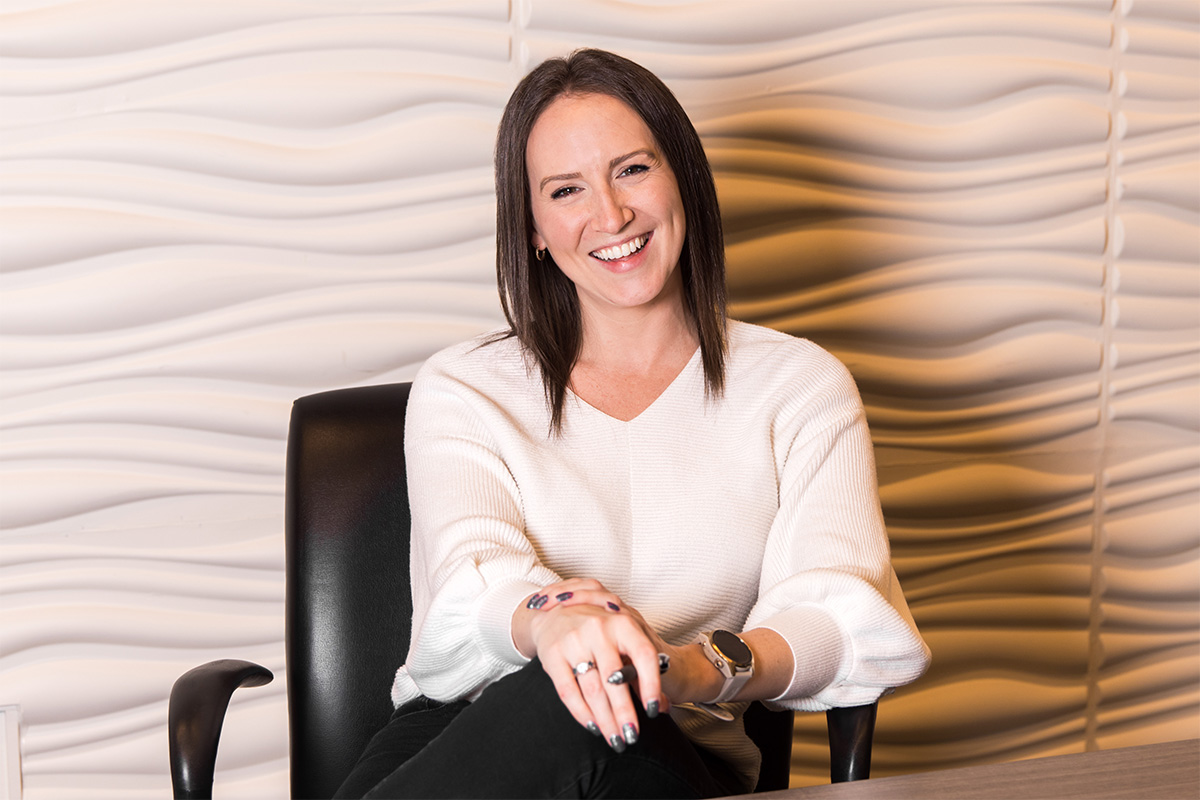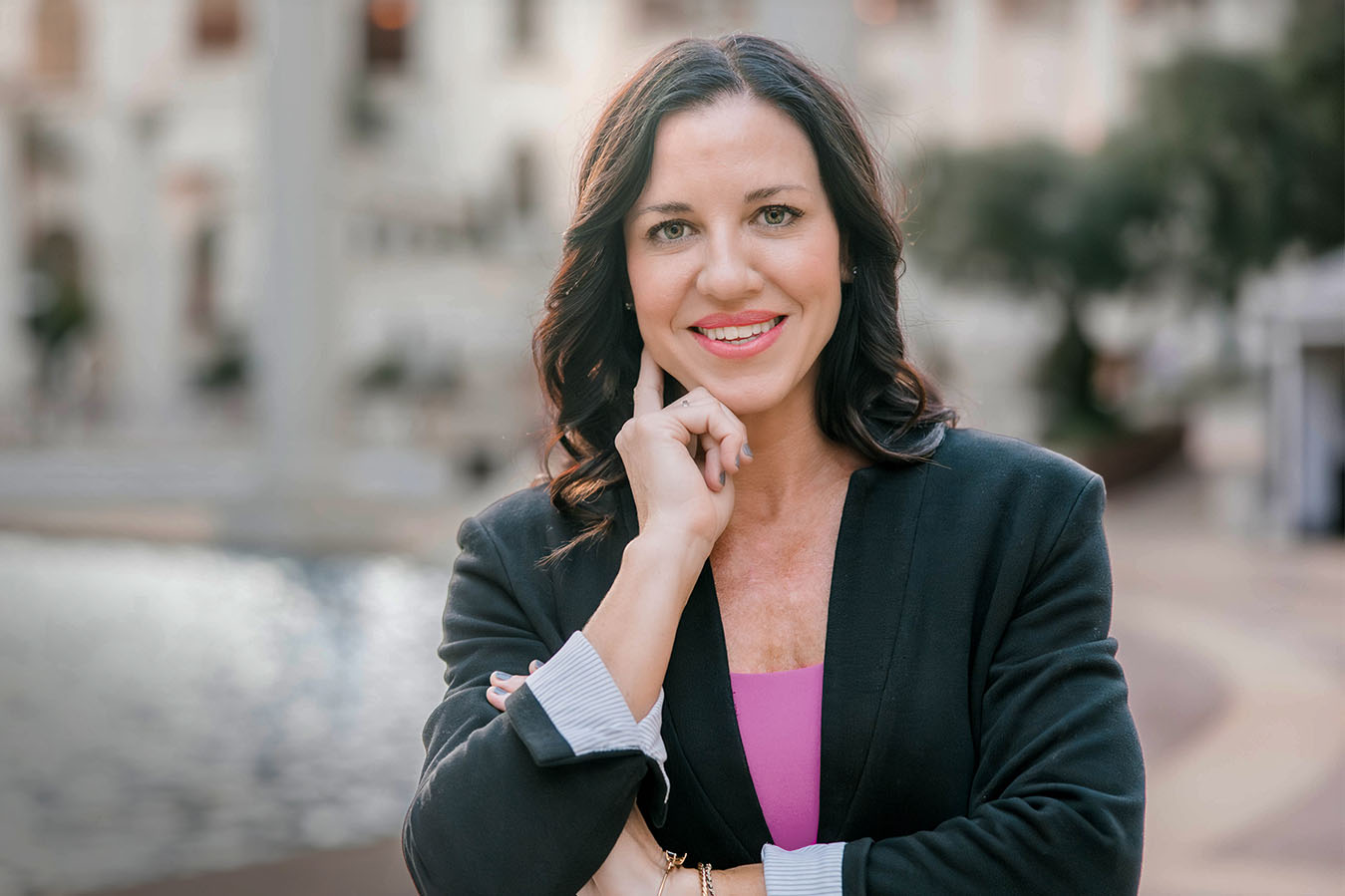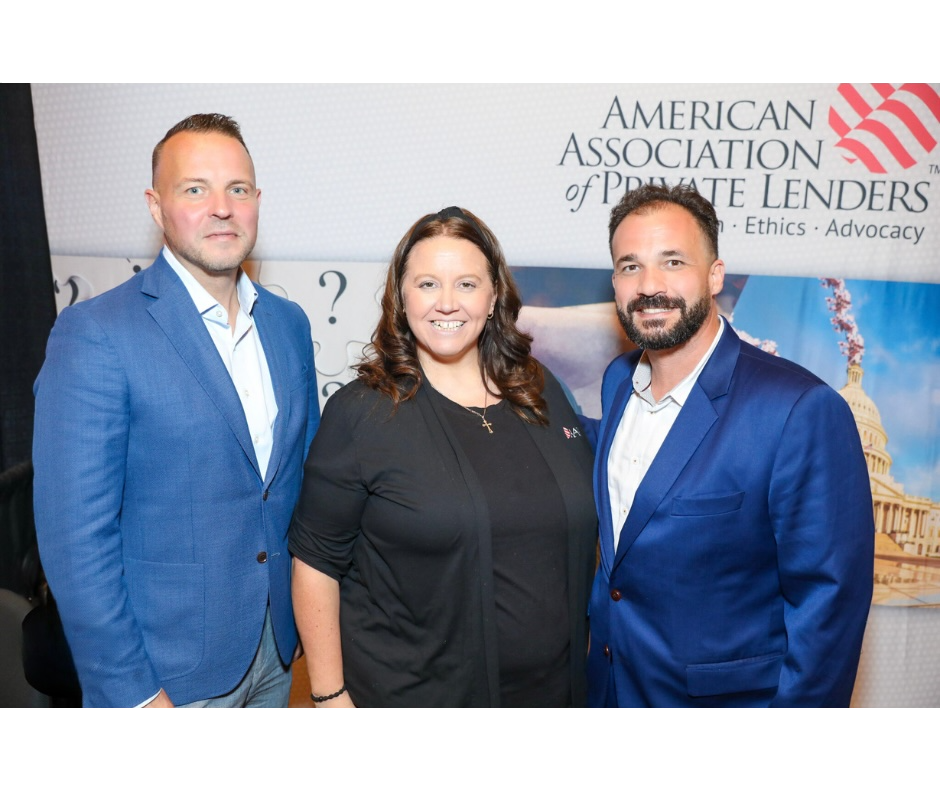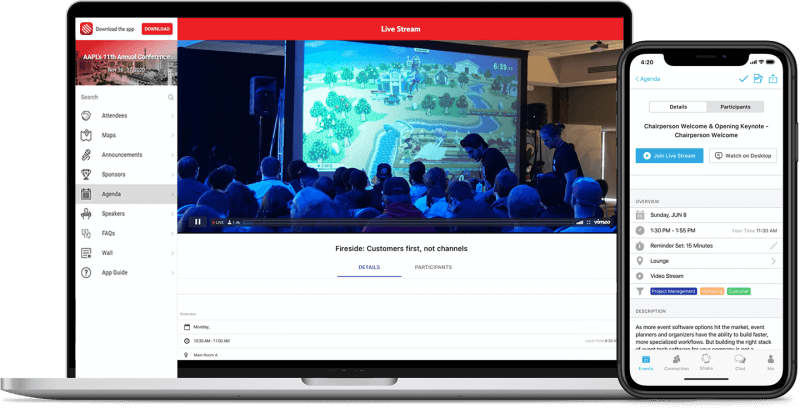Cindy Nasser’s early life experiences taught her lessons about business, empathy, and leadership that drive her success.
Cindy Nasser’s career path has been anything but typical. But her life experiences have equipped her with insights that uniquely qualify her to lead teams at PCV Murcor.
As chief operating officer, she touches nearly all parts of the business, including IT, vendor management, client services, order fulfillment, quality control, and support teams.
Watching her successfully lead an appraisal management company, you’d probably never guess she began her career in a call center. Or that she dropped out of high school to work full time when she was emancipated from the foster care system in California.
Nasser’s life has encompassed many twists and turns, but that circuitous path has led her to exactly where she can make an impact on her company and employees.
TAKING A STAND
Nasser’s life was upended at age 11 when her biological mother died. She lived with her biological father for a few years, but “that situation wasn’t good for me,” she said. At 14, she ended up in the foster care system. Nasser soon realized foster care was not good for her either.
She learned a lot in the short time she had with her mother, who taught Nasser to stand up for herself. “I learned very young that the best person to have your back is yourself—that you have to fight for yourself, stand up for what you believe in, and do that for others,” she said.
In foster care, she worked three jobs to earn money, compensating for the neglect at her foster home by buying her own food. Being older and more independent, she looked out for her younger foster sisters, who she said were mistreated and didn’t have access to necessities such as hygiene products. True to her values at a young age, she ultimately reported the home and got it shut down. Unfortunately, it wasn’t the total win she had expected.
“When I reported my foster mother, I thought I could just leave the foster care system,” she said. “My social worker’s like, ‘Well, that’s not quite how that works.’”
Nasser discovered she would have to petition the court. She was only 16, but she would need to demonstrate she had a plan and could support herself.
“I told the judge, ‘If anybody’s going to screw up my life, let it be me,’” she said. The judge agreed, and on Oct. 11, 1991, she was emancipated from the system.
Nasser had only herself to rely on—and she acknowledges it was hard. By age 19, she was homeless and said she had “my midlife crisis.”
“I’d been working so hard,” she said. “I didn’t really have a normal high school life, teenage life. I’d been working pretty much since I was 14, and I was tired. But being homeless really wasn’t an option.”
She found a job at a toy store but couldn’t quite make ends meet. She found another job at Bank of America as a part-time phone representative.
“Pretty much that whole time I was just in survival mode,” Nasser said. “I didn’t really have a clear path or understanding of what my future was going to look like.”
About three months after she started working at Bank of America, she saw an opening for a temporary job in the workforce management and resource planning department. She hadn’t met the minimum required employment length at the bank the job posting specified, but she figured, “The worst they can do is tell me ‘no.’ So I applied.”
The bank didn’t say “no”—she was hired for the position. That job launched her on an upward trajectory.
“From there, I just started getting promoted,” she said.
Nasser worked her way up from analyst to managing multiple workforce management teams to overseeing five call centers across five states.
One of her bosses at the bank pressed her to go back to school, saying a college degree would help her continue to move up in the long run. Nasser argued she couldn’t afford it.
“I fought her for a long time,” Nasser said.
When she was 24, Nasser learned about the University of Phoenix, which could accommodate her work schedule. She finally started college. Between the university and classes at community college, she earned a degree in business management after nine years. Nasser is glad she did it. It complemented her work experience, filling some gaps and refining her teamwork skills.
“One of the greatest things I got from that program is being able to talk in front of large groups, being able to communicate using data and having a lot of influence,” she said.
STEPPING OUT OF A “BUBBLE”
While she was attending school and working full time, Nasser’s career path took a sharp turn. After being caught up 9/11, she went on to help telecom and tech companies build and manage call centers. Yahoo bought the small tech firm where she had just streamlined call center operations, and her role continued to increase at the tech giant. Her work with these companies helped her realize an appreciation for processes and creating software that can help her teams.
“I’m so naturally inclined to developing processes to scale and creating efficiencies. I didn’t know that going in,” she said. “But I love the technology part of it.”
That experience gave Nasser a specific skill set she called upon when she was recruited to PCV Murcor. A former boss had become the COO and wanted her to become the director of operations.
“I didn’t know anything about the appraisal industry. I didn’t know much about mortgages—I hadn’t bought a house yet. I knew nothing about appraisals,” Nasser said.
Nasser said she loved her job at Yahoo and wasn’t looking to make a move, but she realized this opportunity could get her out of “the call center bubble.” She was hired on the day she interviewed with PCV. She had her work cut out for her. When she arrived in 2007, the company was one of the worst-performing appraisal management companies on their clients’ rosters. Almost everything was being done on paper or in spreadsheets. The company had only recently transitioned from sending appraisals via snail mail. Departments had no controls in place to ensure performance, including KPIs or scorecards to track productivity and progress. There was a lot of room for improvement and streamlining processes—Nasser’s specialties.
One of her first moves was to create an online operating system, collaborating with developers to build a tool that works for everyone. Now, nothing needs to be printed. She also developed scorecards, measuring productivity metrics to break down how long each part of the process takes, and implemented KPIs for every department.
LEADING THROUGH TOUGH TIMES
As PCV Murcor celebrates its 40th year in business, the company has a lot to celebrate, Nasser said. The company remains privately and minority-owned, and the owner still has his appraisal license. Its teams of longtime appraisers leverage their expertise to perform high-value, complex assignments competitors can’t fulfill, she said.
“We pride ourselves on service,” Nasser said. “What’s in our DNA is providing extremely good service to our clients and really being partners to them.”
It’s more important than ever to go the extra mile now, she said, when appraisals are often perceived by lenders as creating a bottleneck.
“The perspective from the lenders is that the AMCs are the ones charging really high fees. That’s simply not true,” she said. “Right now, the appraisal industry is struggling because there’s simply a lack of supply of appraisers. The appraiser population is dwindling by the day.”
Though the industry may appear to have plenty of licensed appraisers, she explained, many of them are on staff at lending companies and AMCs like PCV—meaning they’re not working in the field, performing residential and commercial appraisals.
“There simply aren’t enough appraisers to fulfill the demand, especially because of the most recent refi boom that happened during the pandemic,” Nassur said. “Certain markets … have a lot of activity going on, and there aren’t enough appraisers to do it, and then they’ve got some deadlines or closing dates they need to meet that just aren’t realistic in certain areas.”
Regulations in the Dodd-Frank Act of 2010 made the requirements to enter the profession extremely restrictive, which discouraged people from becoming appraisers. Though some of those regulations have been relaxed, Nasser said, there’s now a disconnect in what is required at the federal level and in different states. That disconnect creates challenges in the industry.
Asserting the appraisal industry is currently in a state of flux, Nasser said “they need to do something, but nothing’s going to happen fast enough” to meet current demands.
Despite the external pressures, Nasser is proud to have built a close-knit team that feels like a family and who genuinely care about each other. She notes that what sets people apart at her company is they’re coachable and open to giving and receiving feedback.
“You can’t grow without getting feedback,” she said. “It’s not good or bad; it’s constructive.”
Nasser said she has received valuable feedback from mentors throughout her career. Early on, she said she was defensive and took the feedback personally. But through training and reading books about management and relationships, she became a better leader.
By bringing all of operations under her purview, she’s been able to break down silos and deconstruct any us-versus-them mentalities departments may have had.
“My role is to emulate the behavior I want my team to have,” Nasser said. “I have worked hard to build a culture of cohesiveness. We’re not always going to agree. We’re not always going to like certain things, but we have to work through that.”
Most important, Nasser has modeled openness with her team, sharing her past. She said her mentors couldn’t have helped her if she hadn’t told them about her life experiences, and now her employees know they can trust her in sharing what has shaped them.












Leave A Comment